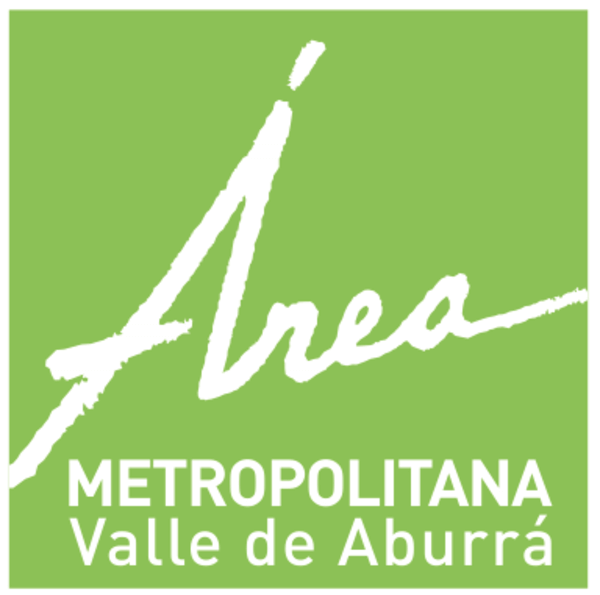 - © Metropolitan Area of the Aburrá Valley
- © Metropolitan Area of the Aburrá Valley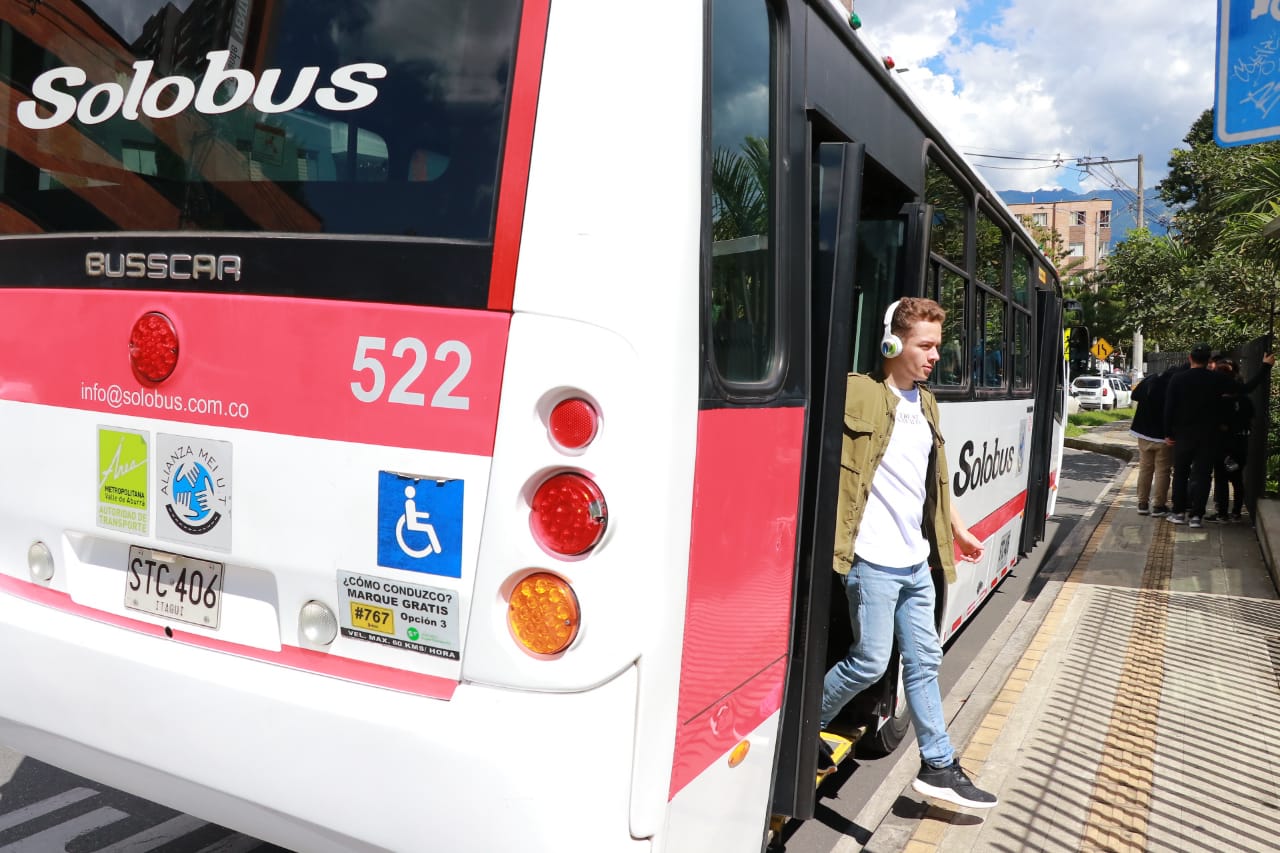 - © Metropolitan Area of the Aburrá Valley
- © Metropolitan Area of the Aburrá Valley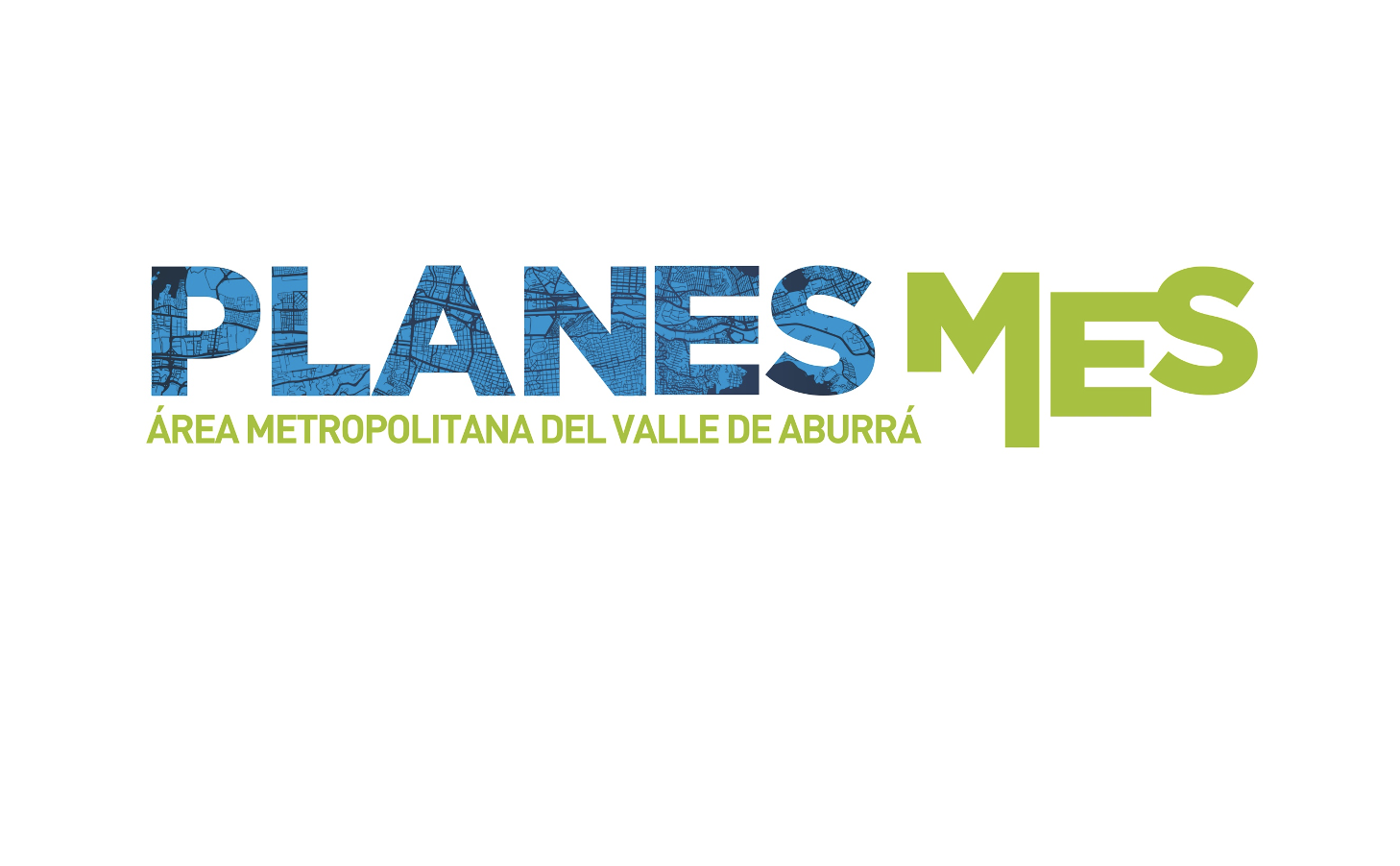
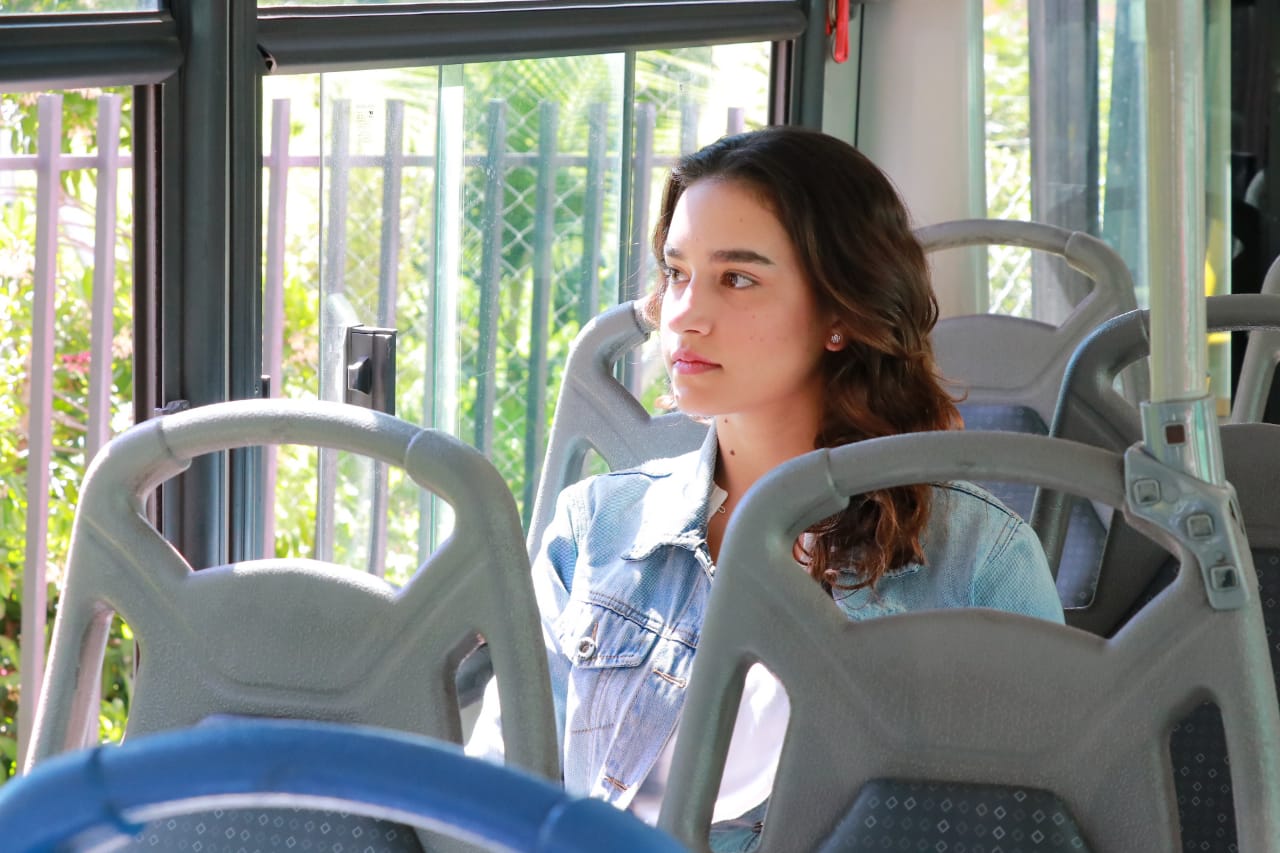 - © Metropolitan Area of the Aburrá Valley
- © Metropolitan Area of the Aburrá Valley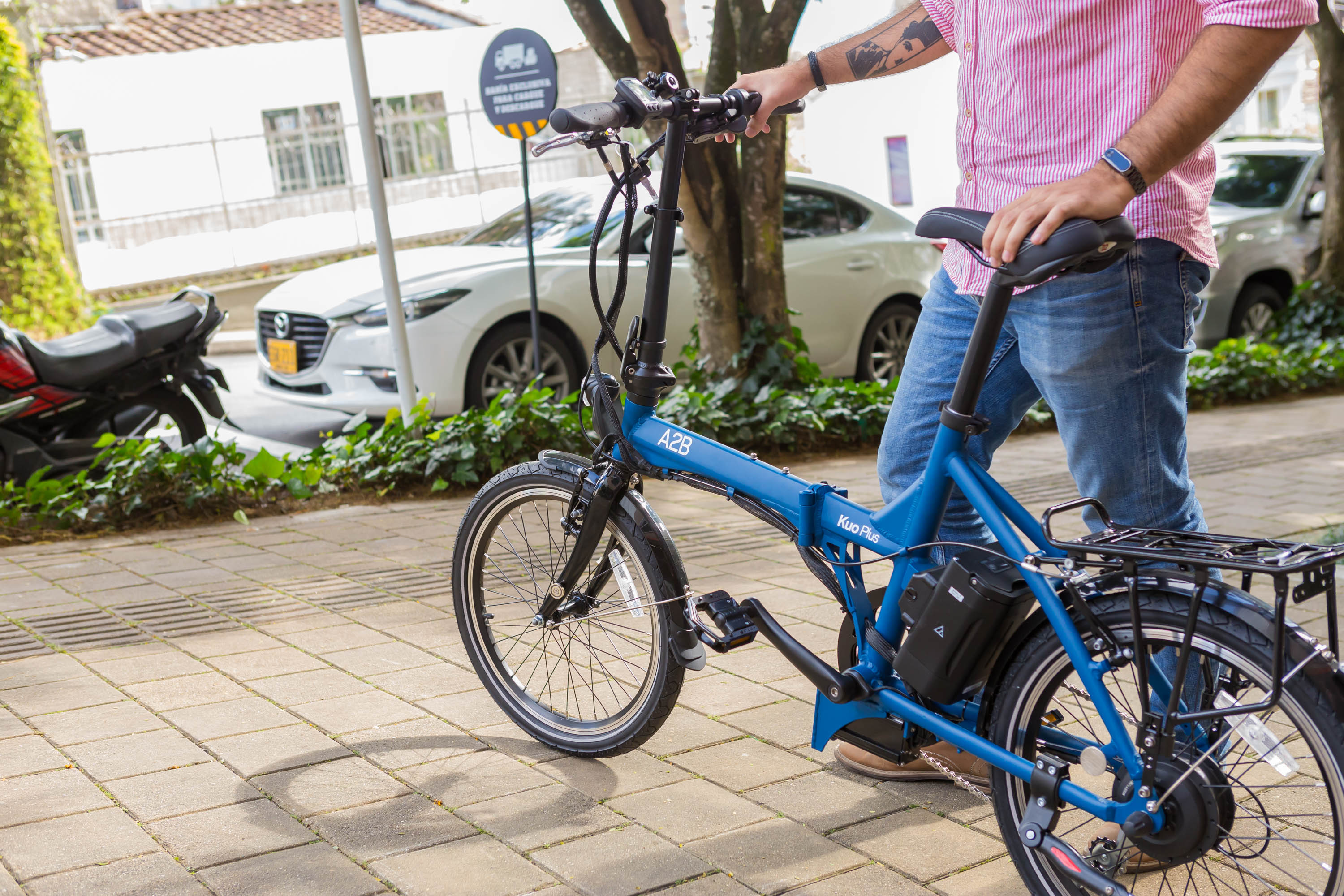 - © Metropolitan Area of the Aburrá Valley
- © Metropolitan Area of the Aburrá Valley
City
Valle de Aburrá
Main actors
Local Government
Project area
Metropolitan Area
Duration
Ongoing since 2017
Planes MES is an initiative of the Metropolitan Area of the Aburrá Valley. Participating organizations in the region analyze the environment impacts of their employees' travel habits and take active measures to improve mobility, air quality, health and the quality of life for all citizens.
The Planes MES initiative proposes a change of habits to reduce emissions, especially CO2 per capita. The implementation of sustainable mobility strategies focuses on five key areas: active mobility, public transportation, reduction of the number of trips, rationalization of the private vehicle and sustainable mobility culture.
The topographic and climatological characteristics of the Aburrá Valley favor the concentration and emission of polluting gases and particles. This lead to the development of strategies to clean up the atmosphere in the territory.
In 2017, the “Plan Integral de la Calidad del Aire del Valle de Aburrá” (Integral Plan for Air Quality of the Aburrá Valley) was approved, which includes measures aimed at managing sustainable mobility to contribute to the reduction of polluting emissions generated by motor vehicles. In order to understand the details of the trips made by citizens in their daily activities, the Origin-Destination Survey 2017 was conducted. Results indicated that 39% of the total trips made daily were work-related trips (going to work and returning home).
Resolution 1379 of 2017 states, all public and private organizations with more than 200 direct and indirect employees, and whose facilities are located in any of the 10 municipalities of the Aburrá Valley, must develop and implement The Sustainable Mobility Business Plans (Planes MES) and provide mobility solutions that reduce emissions generated by travel made by their employees to and from their workplace. These are prioritized using the inverted pyramid of mobility, where non-motorized trips have the highest priority, followed by public transport trips and thirdly individual private transport trips through energy efficiency management.
Entities, institutions, organizations or companies that have fewer employees may voluntarily implement these strategies to contribute to environmental sustainability in the Aburrá Valley.
Steps for the adoption of a Plan MES:
To develop and implement the Planes MES, it is necessary to have the commitment of senior management, to encourage the entire organization to embrace the strategies that allow a transition towards sustainable mobility. Additionally, a committee should be formed and a leader appointed to develop, promote and monitor the development of the Plans within the organization, along with other actions.
The Planes MES are composed of three development stages:
1. Diagnosis: The current dynamics of mobility of the organization are identified, and the basis for emission indicators for future compliance with the goal is established.
2. Planning: An analysis is made from the data, where strategies that best fit the reality of each organization are proposed. These include the following:
- Promotion of active travel on foot and by bicycle
- Encourage the use of public transport.
- Promote a rational use of private vehicles through business routes, carpooling and generating parking policies.
- Reduce the number of trips made by promoting teleworking, implementing flexible working hours and encouraging employees to have lunch at the office.
- Develop and implement communication campaigns and events related to sustainable mobility.
3. Implementation: Implementation of strategies to motivate employees to change their mobility habits.
The Metropolitan Area of the Aburrá Valley has provided two tools for the development of the Plan MES:
1. The Guide for the development and Implementation of Planes MES, where the aforementioned steps are described in detail.
2. An Interactive platform called PMES, where organizations can carry out their diagnostic stage through to the completion of site surveys and employee surveys.
During the first four years of operation of the Planes MES, the operating budget consisted of the human resources involved, with an approximate annual value of $250,000,000. For the year 2022, different strategies were established to promote the Planes MES involving both the public and private business sector, for which a budget of $706,606,182 was allocated in addition to the human resources, equivalent to $291,312,000, i.e., a total annual value of approximately $997,918,182. To date, the project has been financed 100% with its own resources.
The program is composed of an interdisciplinary team of four professionals who support the planning and execution of activities focused on indicator management, information analysis, regulatory and legal aspects, communications, social and environmental management and institutional articulation, in addition to the supervision and proper functioning of management tools (PMES platform and guide).
Note: numbers are in Colombian pesos - COPc
Through the involvement of 423 organizations, Planes MES has reduced CO2 emissions associated with travel throughout the Aburrá Valley by 51.49% per capita. In addition to increasing the number of cyclists, optimizing the use of public space and reducing vehicular traffic by increasing the number of telecommuting and work-at-home employees.
Some intangible benefits have been: increased productivity of the organization, improved image in the community, creation of a friendlier and healthier work environment, lower labor desertion, strengthening of environmental sustainability and organizational social responsibility programs, and the organization's contribution to reducing atmospheric emissions.
Regarding tangible benefits, ten of the organizations linked to the PLANES MES and that comply with the emissions reduction goal, receive a discount on the value of the industry and commerce tax, corresponding to 5% of this or a reduction value that does not exceed $20'000,000 from the Treasury Department of the Municipality of Medellín.
Traditional mobility model
The traditional mobility model, which is based on encouraging the use of private vehicles through infrastructure development, has created a dependence on cars and motorcycles at the local level. This dependence is reinforced by the social and cultural status that is attached to vehicle ownership, which makes it difficult to transition to more efficient, sustainable and less environmentally damaging modes of transport.
Installed capacity
One of the main limitations, when projecting an expansion in the scope of the required organizations, is the lack of human resources. If the program were to include more organizations, it would entail a higher number of Planes MES, which would go hand in hand with higher operational, monitoring and supervision needs. The goal of the program is to include mobility initiatives and sustainable mobility plans in the educational institutions of the territory.
Source of data
Organizations participating in the development of the Aburrá Valley Resilience Plan must comply with the requirements established in Resolution 1379. This will ensure that the Plan is developed using reliable information and data, and that there are no gaps in the requirements process. This will also make it easier for organizations to connect with and participate in the Plan.
Lessons learned:
- The creation and development of the interactive SIMV5 platform “PMES”, which makes it possible to obtain basic information for the analysis of the results obtained and to generate traceability.
- The dissemination of the Guide, which provided technical guidelines to assist the participating organizations.
- The importance of communication with other public and private entities for the designation of roles and responsibilities within the process.
- The commitment, responsibility and leadership of participating organizations for the development of strategies and initiatives.
- The consistent follow-up of participating organizations to involve the managers in the implementation of the strategies.
- The importance of maintaining communication channels to provide timely responses to the participating organizations.
External links / documents
On Map
The Map will be displayed after accepting cookie policy
